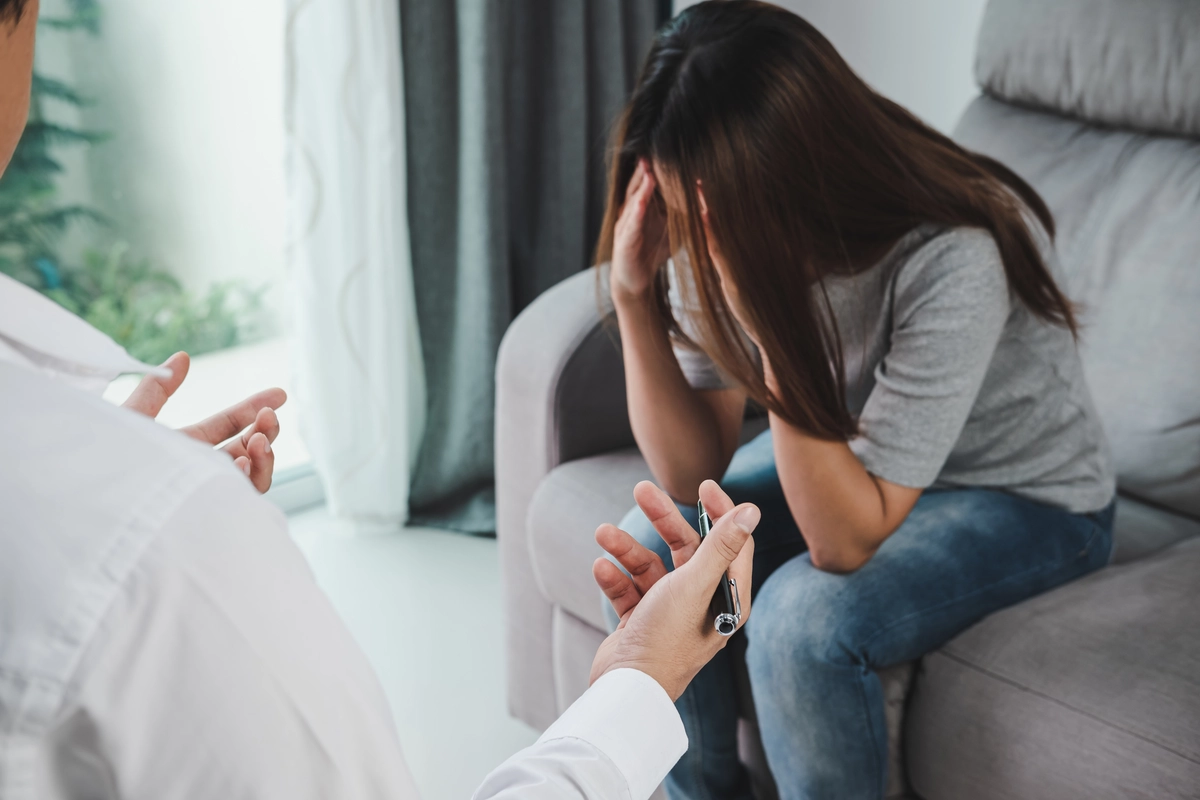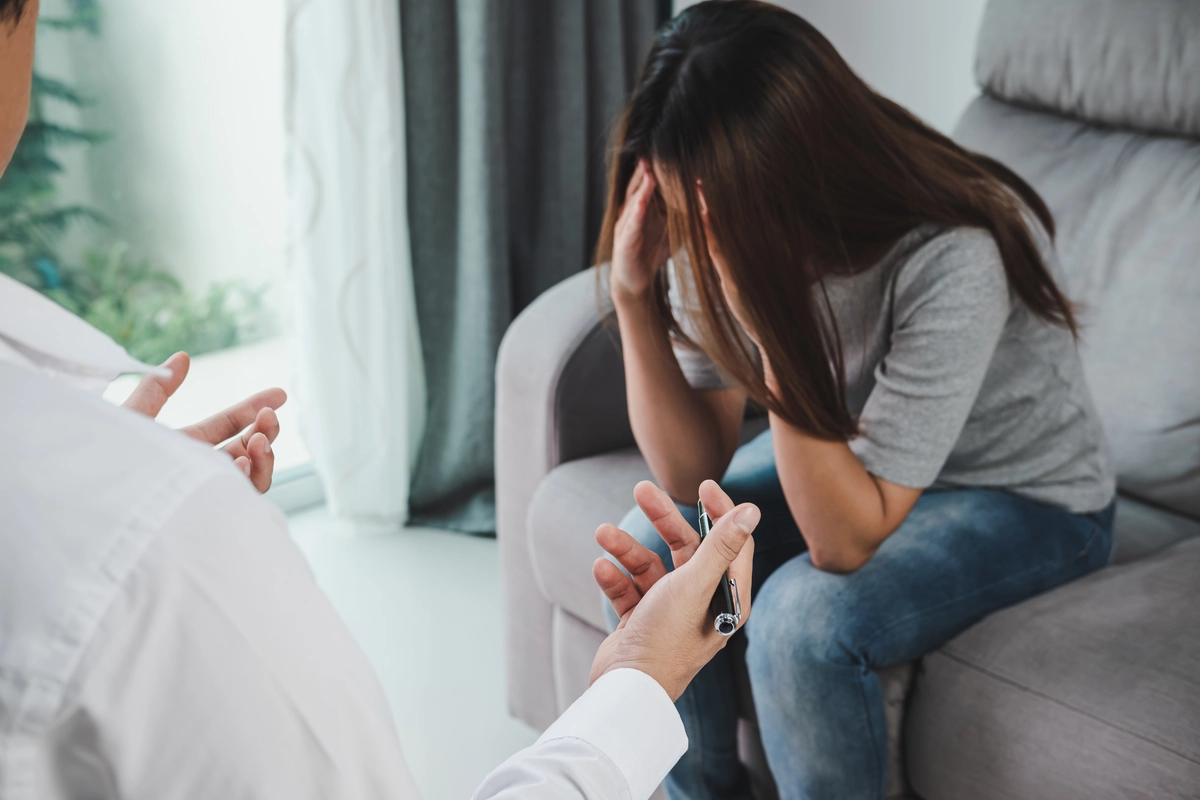24/7 Helpline:
(866) 899-111424/7 Helpline:
(866) 899-1114
Learn more about Bipolar Disorder Treatment centers in Lumber Bridge
Bipolar Disorder Treatment in Other Cities
Other Categories in Lumber Bridge



















Other Insurance Options

Evernorth

Regence

Meritain

Amerigroup

American Behavioral

Private insurance

Molina Healthcare

PHCS Network

UnitedHealth Group

MHNNet Behavioral Health

CareFirst

Aetna

United Health Care

Providence

ComPsych

Medical Mutual of Ohio
Beacon

UMR

Health Choice

Sutter